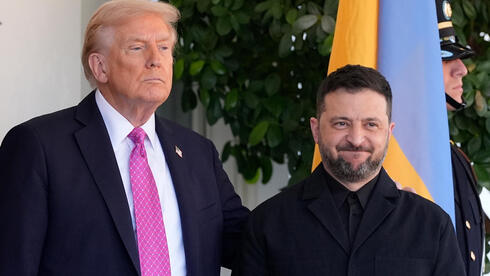Nearly six weeks into a controversial military deployment, the Pentagon on Tuesday announced that half of the almost 4,000 National Guard soldiers who had been deployed to the Los Angeles area would be released from duty.
The move comes after a prolonged legal battle over whether the Trump administration had the right to deploy the troops and scathing criticism from state and local leaders that the military was not needed to deal with protests over immigration raids that have led to around 3,000 arrests.
President Trump justified the troops as necessary, citing scattered unrest during the first few days of the immigration sweeps. But the protests calmed relatively quickly and were primarily kept in check by local police. The National Guard ended up largely protecting federal buildings.
Sean Parnell, Pentagon spokesperson, said on Tuesday that Defense Secretary Pete Hegseth had ordered 2,000 of the National Guard troops released from what officials called a “federal protection mission.” The initial deployment orders were for 60 days, which could have lasted into early August.
“Thanks to our troops who stepped up to answer the call, the lawlessness in Los Angeles is subsiding,” Parnell said in a statement.
Hegseth and the Trump administration had federalized more than 4,000 California National Guard soldiers in an unprecedented display of force, which local leaders repeatedly said only inflamed the situation.
Even with the 2,000 troops headed home, that still leaves another 2,000 in the Guard and 700 Marines activated in the area.
After learning of the troop reduction Tuesday, Gov. Gavin Newsom called for all remaining military personnel in L.A. to be sent home.
“Thousands of members are still federalized in Los Angeles for no reason and unable to carry out their critical duties across the state,” Newsom posted on X. “End this theater and send everyone home.”
L.A. Mayor Karen Bass, who has repeatedly decried the deployment, celebrated what she called the retreat of the federalized troops.
“This happened because the people of Los Angeles stood united and stood strong. We organized peaceful protests, we came together at rallies, we took the Trump administration to court,” Bass said in a statement. “I will never stop fighting for this city. We will not stop making our voices heard until this ends, not just here in L.A., but throughout our country.”
Some of the deployed personnel have assisted federal agents as they conduct immigration enforcement operations, though military officials say the troops are restricted to security and crowd control and have no law enforcement authority. The National Guard played a role in both the convoy that descended on MacArthur Park last week and the raid of cannabis farms in Ventura and Santa Barbara counties.
Earlier this month, the Trump administration approved a request from the U.S. military to release 150 National Guard members from the L.A. mission in order to allow them to return to their regular Guard unit duties combating wildfires. That unit had been operating at just 40% of its regular staffing levels due to the L.A. deployment.
Newsom hailed that as a victory. “Our firefighters are finally returning to fight wildfires. Better late than never,” Newsom said on X in early July. “Now — send the rest home.”
In June, U.S. District Judge Charles Breyer of San Francisco ruled that Trump broke the law when he mobilized thousands of California National Guard members against the state’s wishes.
In a 36-page U.S. District Court decision, Breyer wrote that Trump’s actions “were illegal — both exceeding the scope of his statutory authority and violating the 10th Amendment to the United States Constitution.” Breyer added that he was “troubled by the implication” inherent in the Trump administration’s argument that “protest against the federal government, a core civil liberty protected by the First Amendment, can justify a finding of rebellion.”
But the U.S. 9th Circuit Court of Appeals paused that court order, allowing the troops to remain in Los Angeles while the case plays out in federal court. The appellate court found the president had broad — though not “unreviewable” — authority to deploy the military in American cities.
Times staff writers Sonja Sharp and Jenny Jarvie contributed to this report.
Source link


